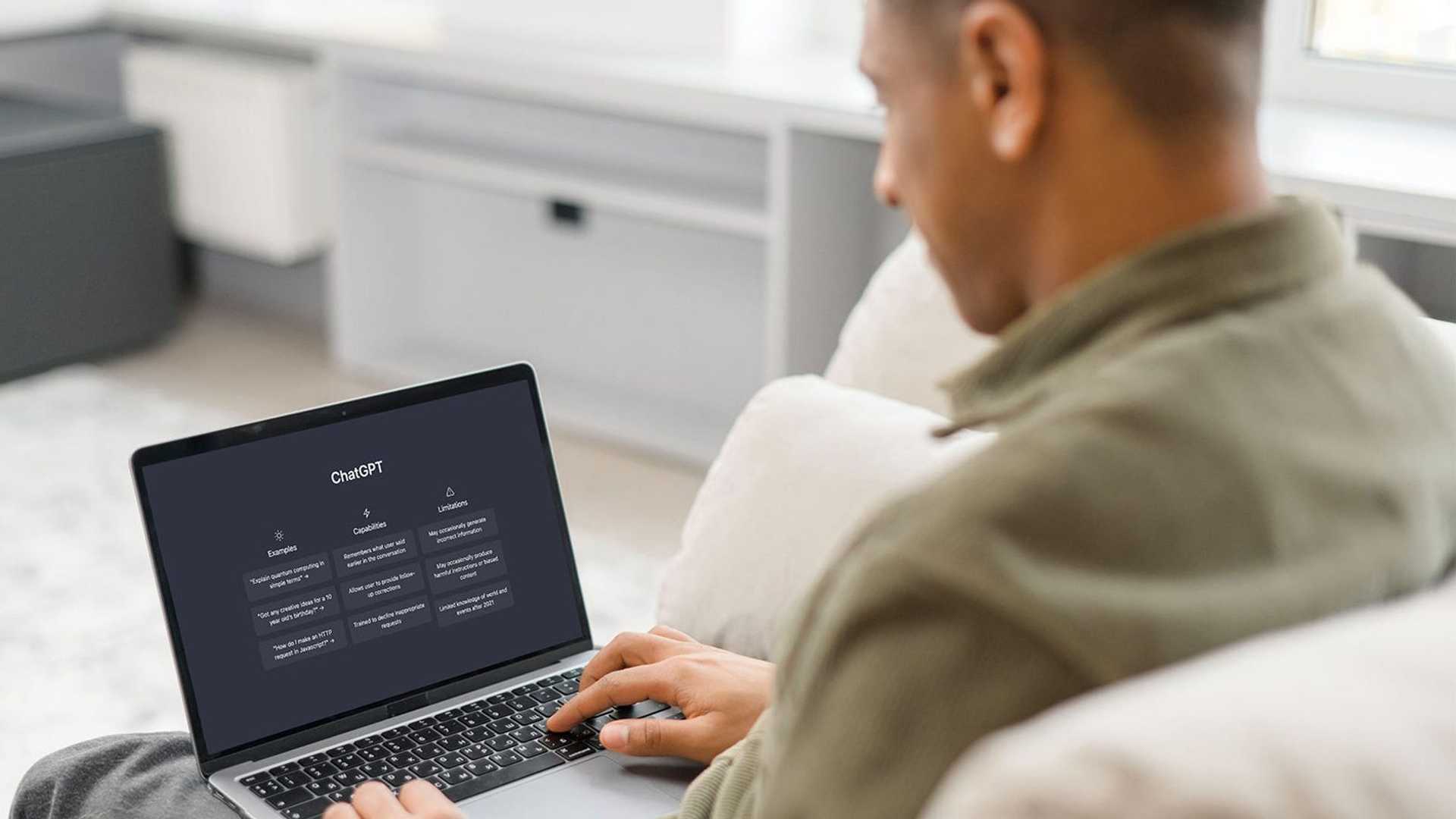Why ChatGPT Is a 'Game Changer' for Med Students | MedPage
As a medical student, you know how daunting it can be to keep up with the pace of the curriculum. Fortunately, the current wave of machine learning and natural language processing has brought us open-source tools that can make the process of learning medicine more efficient and effective. One of these tools is ChatGPT, a language model developed by OpenAI that uses machine learning algorithms to generate human-like responses to text-based inputs. Let's explore six ways in which ChatGPT can revolutionize the way you learn and practice medicine.
1. Reviewing and Summarizing Medical Literature
As a medical student, you're expected to read and comprehend an enormous amount of medical literature during your studies. Fortunately, with ChatGPT, you can summarize large volumes of text in seconds. You can quickly identify the key points and concepts in the literature, allowing you to focus on the most important information.
2. Generating Study Materials
Preparing for the countless exams in medical school can be daunting, but ChatGPT can help. ChatGPT provides an efficient way to review and solidify your knowledge of medical topics by generating personalized study materials such as flashcards, quizzes, and practice questions.
3. Answering Medical Questions
Medical concepts can be complex, and students often have many questions. With ChatGPT, you can ask medical questions and get quick and accurate answers. ChatGPT can explain complex concepts in simple terms, helping you to better understand the material.
4. Exploring Medical Case Studies
Analyzing and discussing medical case studies in small groups can be difficult but is a core modality of modern medical education. ChatGPT can help you identify symptoms, diagnoses, and treatment options in each case by inputting the relevant information. With ChatGPT, you can better understand medical concepts and improve your critical thinking skills.
5. Practicing Clinical Decision-Making
As a medical student, practicing clinical decision-making is crucial to your success. ChatGPT can simulate patient encounters and present different scenarios, allowing you to practice making diagnoses and treatment plans. With ChatGPT, you can hone your clinical decision-making skills and feel more confident when facing real-world scenarios.
6. Improving Communication Skills
Communicating complex medical concepts to patients or healthcare professionals can be challenging. By practicing with ChatGPT, you can learn to effectively communicate medical concepts in a clear and concise manner, improve your communication skills, and become a more effective healthcare provider.
Keep in mind that ChatGPT is a machine and may not always provide accurate information. Always double-check information and consult reliable sources to ensure the information you receive is correct. ChatGPT should never replace the guidance and mentorship of experienced healthcare professionals. As a medical student, you should seek out opportunities to learn from practicing physicians and other healthcare providers to gain valuable experience and knowledge.
In conclusion, ChatGPT can be a great asset in your medical education, but using it responsibly and in conjunction with other learning resources is important. With its ability to summarize medical literature, answer complex questions, explore case studies, simulate patient encounters, improve communication skills, and provide personalized feedback, ChatGPT can help you navigate the complexities of medical school and beyond during your practice.




















